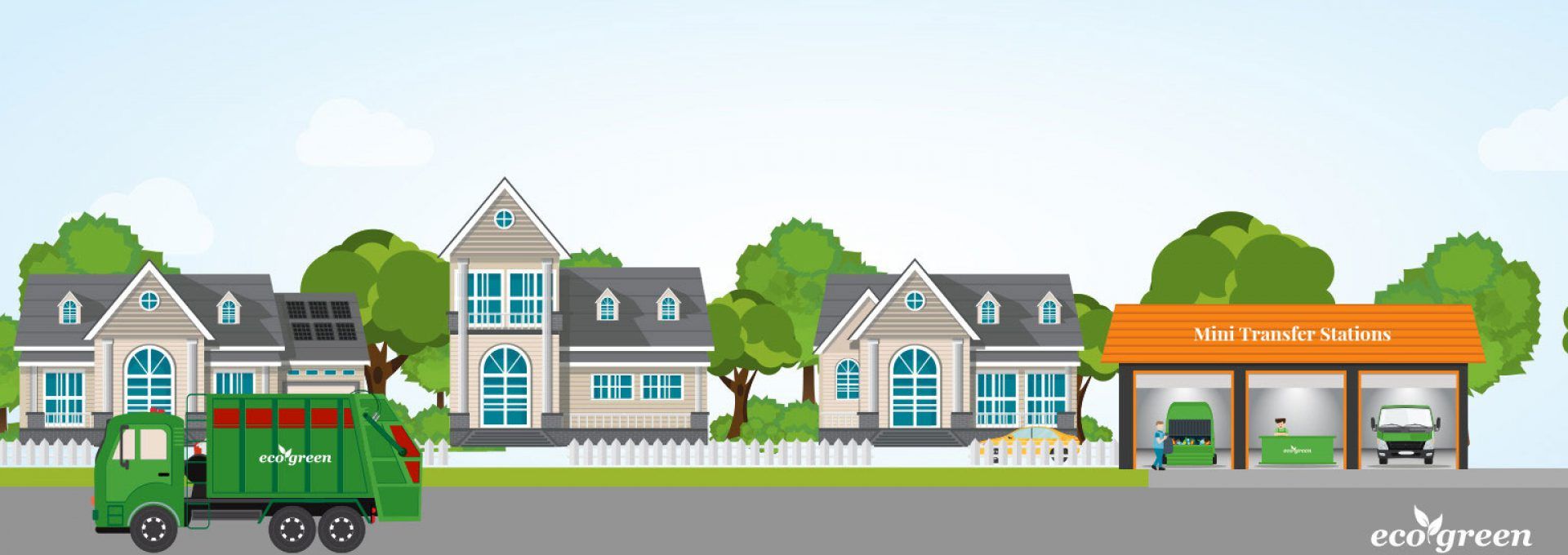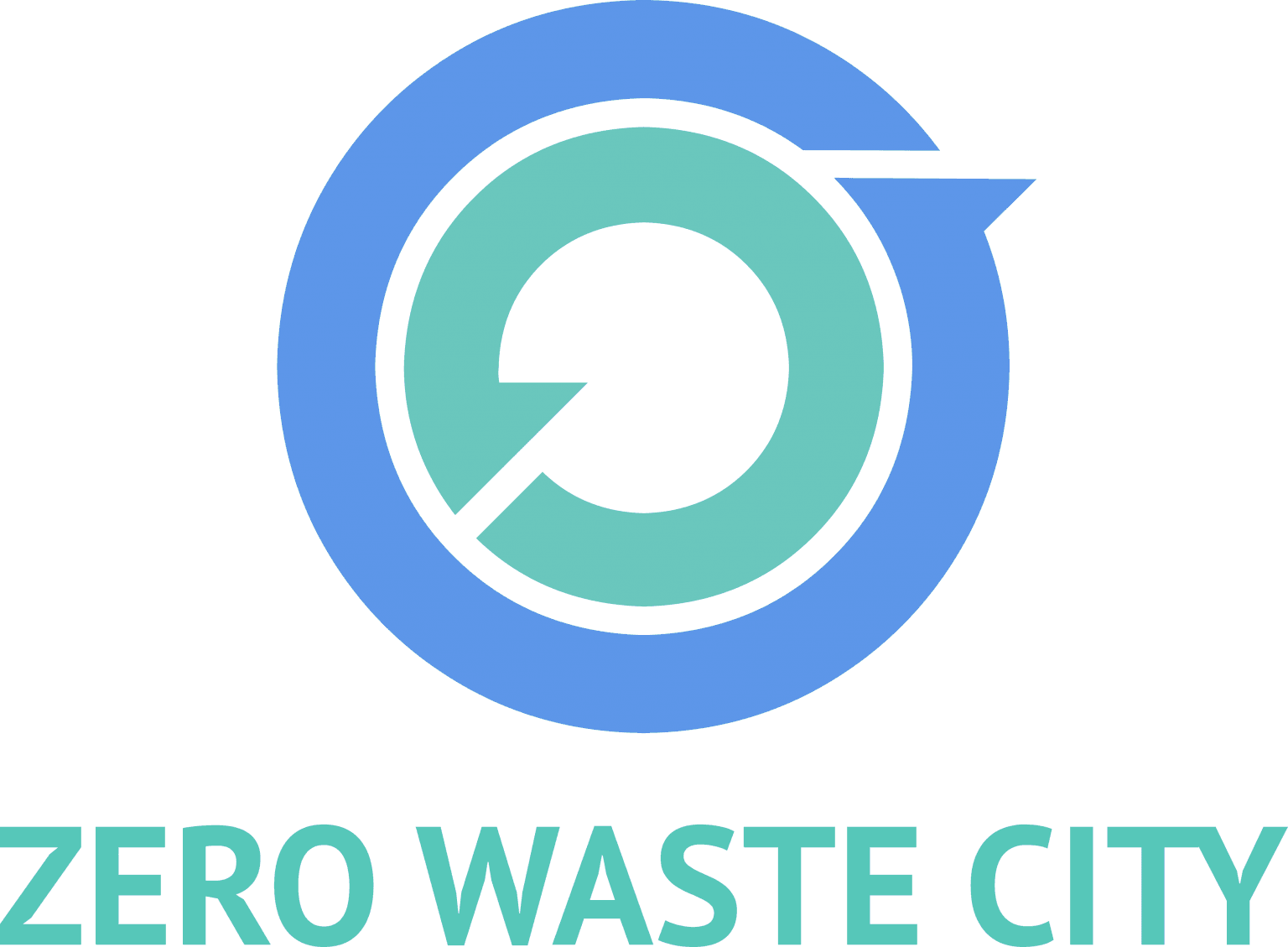
© 2026 Made for Planet • Privacy Policy • Terms & Conditions
Platform by Mission Sustainability
All categories Waste management EcogreenEnergy WTE


Gurgaon, Haryana, India
A leading waste management & waste to energy company in India. Ecogreen Energy has three large projects for Integrated Solid Waste Management Projects for the cities of Lucknow, Gurugram, Faridabad and Gwalior. Ecogreen scope of work includes door to door collection of municipal solid waste from households & commercial centers, transportation and processing of waste into compost and RDF. The RDF will be used to generate electricity to provide a sustainable solution and contribute towards building a Smart City. Ecogreen Energy is a subsidiary of China Jinjiang Environment Holding Company Limited (CJE) and has been setup for its International Business Operations. CJE is one of the leading Waste to Energy companies listed on Singapore Stock Exchange. CJE has over 41 Waste to Energy plants in China with cumulative power generation capacity of 900+ MW and daily waste handling capacity of 59,260 tonnes.
Dalibor nikolovski
Founder & CEO
Operating since 2011
201-500 Members
4
Projects
1 5 , 7 0 2
Area ( Hectares)
3 , 7 5 0
Waste Collection ( TPD )
5
Purposed Energy Generation ( MW )
Eco-system
Industries
Agricultural Lands
Cities and Towns
Villages
Sectors
Circular Economy
E-Waste Recycling
Renewable Energy
Suitable for
Type of service
Accepted materials
Method and technique
They have deployed state of the art technology, machinery and infrastructure to keep waste collection under check. Mini Tippers for efficient collection& effective monitoring of all vehicles through GPS / RFID. Installation of Mini Transfer Stations at strategic locations to collect, compact, and transport waste directly received from mini trippers. Secondary transportation is by Compactors for bins of 1.1 and 3.5 cubic meter. There is display of Online Monitoring System at Strategic Locations. Waste processing essentially means altering the physical form of the waste to make it best suited for technology adopted for its treatment. The technology should always help in making the waste transport and storage effective.Segregation of waste is a key component so that combustible organic materials can be converted to intermediate products and ultimately to usable energy. Shredding and drying is necessary before the waste material can be used for power generation to reduce moisture content.Composting is a way to treat solid waste so that microorganisms break down the organic material, helping along the natural process of decay until it can be safely handled, stored and used. Composting makes use of organic waste – such as leaves, fruit and vegetable scraps, soil, water and oxygen. The microorganisms eat the organic waste, breaking it down into simplest component. The finished compost thus produced is rich with fibre and inorganic nutrients, such as phosphorus, potassium and nitrogen, and it makes a natural fertiliser beneficial for the environment. Segregated inorganic waste from the MSW and commercial waste is converted into RDF or Refuse-Derived Fuel. RDF consists largely of combustible substances such as non recyclable plastics (not including PVC), paper cardboard, labels, corrugated materials, etc. These fractions are separated by different processing steps, such as screening, air classification, ballistic separation, separation of ferrous and non ferrous materials, glass, stones and other foreign materials and shredding into a uniform grain size, in order to produce a homogeneous material which is then burned to heat a steam engine. The turbine placed in the steam engine then produces electricity.
Found any error in information about this organisation?
Are you owner of EcogreenEnergy WTE?
Similar companies

ZERO WASTE CITY
Singapore, Singapore
Zero Waste City is a consulting business specialised in waste reduction for commercial and industrial facilities. They help businesses to save money and to achieve Zero Waste goals. They provide support to businesses throughout their journey from waste auditing, project implementation, to Zero Waste certification. Zero Waste City is based in Singapore focused on promoting sustainability and reducing waste through innovative solutions. The company aims to contribute to the development of a circular economy by providing services and products that minimize waste generation and encourage recycling and reuse.

Virogreen
Bengaluru, Karnataka, India
Virogreen India is the foremost Global E-Waste Management Company. The company is capable of providing consistent e-waste recycle and management services. Their cost effective E-Waste Management services will gratify your company's E-Waste recycling requisites.

Namo E waste
Faridabad, Haryana, India
Namo e-waste operates in the collection and recycling of electronic. The company is committed to provide the ultimate electronics waste and non-ferrous metals recycling solutions in India. They deliver a comprehensive integrated technology to deal with the hazardous ingredients that are present in our waste.